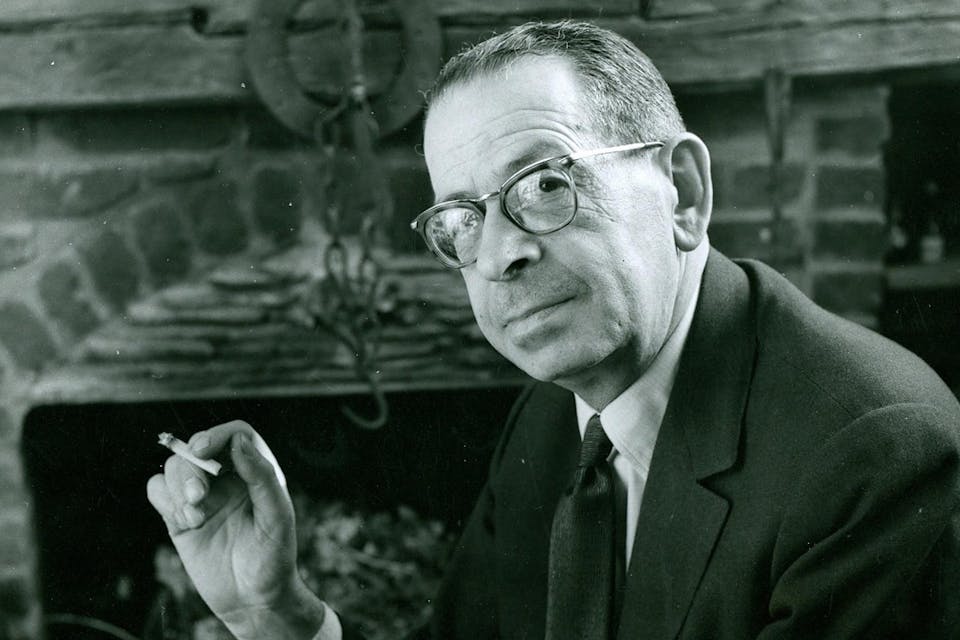
September 27, 2017
Szymon Laks’s Music of Another World
A Polish-Jewish composer who survived Auschwitz as the camp's musical conductor wrote in an elegant style out of step with his times. Now the times are coming around.
After a 2008 performance in Warsaw of a piano quintet by the Polish composer Szymon Laks (1901-1983), a woman approached the pianist to confide that she hadn’t had the pleasure of listening to Laks’s music for 50 years. On the previous occasion, she explained, she’d been in Paris with her late husband Władysław Szpilman—the composer and pianist who is the subject of Roman Polanski’s Oscar-winning film, The Pianist (2002). The Szpilmans had been friendly with Laks after World War II, but had returned to Poland while Laks remained in Paris, his long-time adoptive home.
If the performance in Warsaw proved a stirring experience for Halina Szpilman, it was no less stirring for the performers, the Toronto-based ARC Ensemble. The score of the Piano Quintet is built on popular Polish melodies, many of them still familiar, and their effect on audiences in Warsaw was electrifying.
At the turn of the 20th century, when Laks was born, Warsaw was still a provincial capital under the Russian tsar, and Poland as a whole was still under the divided yoke of Germany, the Austro-Hungarian empire, and Imperial Russia; it did not gain (temporary) independence until 1918. After studying mathematics at Wilno (now Vilnius) University, young Laks enrolled at the Warsaw Conservatory, graduating in June 1923. A brief stay in Vienna was soon followed by a move to Paris, where his musical personality was shaped by studies with leading composers and conductors, by the city’s abundant cultural offerings, and by his involvement in the establishment of a society of young Polish musicians like himself.